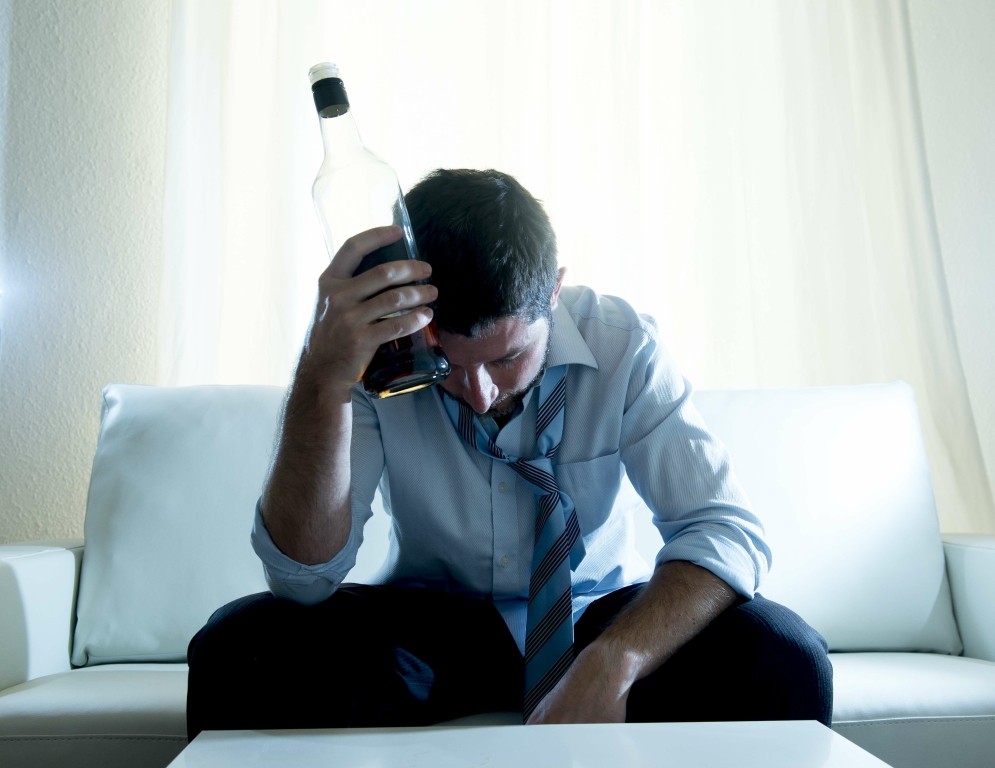3) Clients feel they are not learning anything new at self-help meetings and begin to go less frequently. Clients need to understand that one of the benefits of going to meetings is to be reminded of what the “voice of addiction” sounds like, because it is easy to forget. Recovering individuals tend to see setbacks as failures because they are unusually hard on themselves [9].
- When recovering individuals do not develop healthy life skills, the consequence is that they also may be unhappy in life, but that can lead to relapse.
- Determining what caused a prior relapse is vital in avoiding them in the future.
- Think about what’s driving you to quit, such as rebuilding damaged relationships, keeping a job, or getting healthy again.
- They must also develop healthy coping skills and an effective relapse prevention plan.
- Working with a therapist can be helpful during a period of mental relapse.
- Helping clients feel comfortable with being uncomfortable can reduce their need to escape into addiction.
This plan should be written down and reviewed regularly as one passes through the various stages of recovery. This process may be done by yourself or with professional assistance. Lapses and relapses are common for those battling a substance use disorder.
Lifestyle Changes
These statistics can help you process just how common drug relapse is and how drug addiction is a chronic but curable condition that requires prolonged treatment, just like any other chronic disorder. In late stage recovery, individuals are subject to special risks of relapse that are not often seen in the early stages. Clinical experience has shown that the following are some of the causes of relapse in the growth stage of recovery. Dealing with post-acute withdrawal is one of the tasks of the abstinence stage [1]. Post-acute withdrawal begins shortly after the acute phase of withdrawal and is a common cause of relapse [17].
The clinicians should support the patients attempts at recovery regardless of how many times they tried in the past (and relapsed). Because addiction is a chronic relapsing disease, relapse can occur, though, at any time in the recovery processsome people relapse after having been in recovery for years. We publish material that is researched, cited, edited and reviewed by licensed medical professionals. The information we provide is not intended to be a substitute for professional medical advice, diagnosis or treatment.
Abstinence Stage
If you can’t address the problems of emotional and mental relapse, it doesn’t take long to progress to physical relapse. For this reason, understanding and recognizing the signs of emotional and mental relapse is crucial. During an emotional relapse, a person is not consciously thinking about drinking.

If they make the necessary changes, they can go forward and be happier than they were before. It forces people to reevaluate their lives and make changes that non-addicts don’t have to make. This is also the time to deal with any family of origin issues or any past trauma that may have occurred. But they can be stressful issues, and, if tackled too soon, clients may not have the necessary coping skills to handle them, which may lead to relapse.
What Causes a Relapse?
In addition to these common signs, patients may have their own unique indicators as well that signal they are drifting away from recovery. It is important to help patients learn to identify their own warning signs of the relapse processthis will help them increase self-awareness and strengthen recovery. Within the relapse process, there are many opportunities for the individual to intervene, reengage with recovery-oriented behaviors, and get back on track with recovery.
This may include things such as how one felt before relapsing, activities, warning signs such as increasing isolation, mood swings, a decline in self-care, developing cross addictions, and so on. If you’re not sure how to move through the recovery process, follow one of the relapse prevention plan models that are available. Substance abuse and mental health expert Terry Gorski has a nine-step relapse prevention plan that can help you recognize and manage relapse warning signs.
How to Manage Cravings
For those seeking addiction treatment for themselves or a loved one, the addictionresource.com helpline is a private and convenient solution. Calls to any general helpline (non-facility specific 1-8XX numbers) for your visit will be answered by American Addiction Centers (AAC). Our representatives work solely for AAC and will discuss whether an AAC facility may be an option for you. Our helpline is offered at no cost to you and with no obligation to enter into treatment. Neither addictionresource.com nor AAC receives any commission or other fee that is dependent upon which treatment provider a visitor may ultimately choose.
Improving sleeping habits, attending a support group, and practicing self compassion can all help during emotional relapse. Addiction Resource https://ecosoberhouse.com/ does not offer medical diagnosis, treatment, or advice. Only trained and licensed medical professionals can provide such services.
Main menu
Probably the most important thing to understand about post-acute withdrawal is its prolonged duration, which can last up to 2 years [1,20]. It is not unusual to have no symptoms for 1 to 2 weeks, only to get hit again [1]. This is when people are at risk of relapse, when they are unprepared for the protracted nature of post-acute withdrawal. Clinical experience has shown that when clients struggle alcohol relapse rate with post-acute withdrawal, they tend to catastrophize their chances of recovery. The cognitive challenge is to encourage clients to measure their progress month-to-month rather than day-to-day or week-to-week. There are many risks to recovery at this stage, including physical cravings, poor self-care, wanting to use just one more time, and struggling with whether one has an addiction.
Development and Psychometric Properties of a health-promoting … – BMC Public Health
Development and Psychometric Properties of a health-promoting ….
Posted: Tue, 28 Feb 2023 08:00:00 GMT [source]
